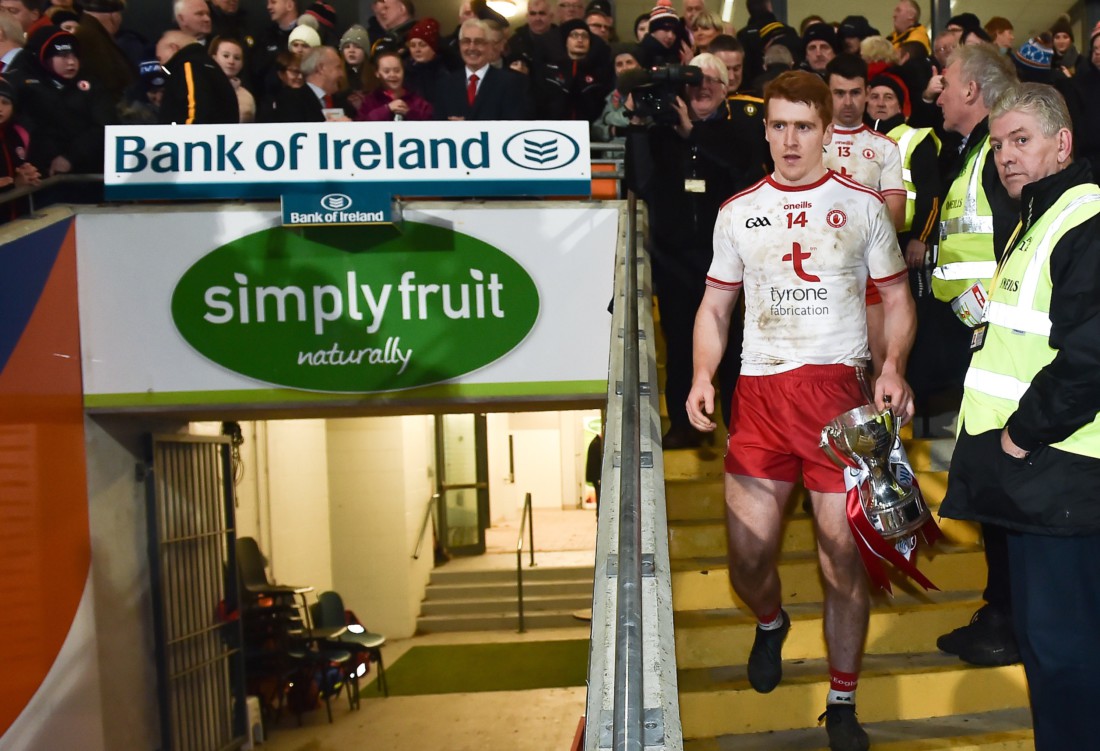HOW many games can you recall where a team has struggled in the first half and after a half-time interval have come out a completely different side and you wonder to yourself, what went on in that changing room? We have all heard of famous inspirational half times in the past where medals and heads have been thrown against the wall, doors have been taken from hinges and teams have refused to come out for the second half! What is the right thing to do and what should half time consist off, and is those 15 minutes really all that important?
At half time, the coach or manager has a small opportunity to review the previous half and identify any problems which have arisen. It’s also a vital time to ensure you have your players physically and mentally ready for the second half.
It is certainly a time not be wasted but to be used constructively. Therefore, when prior planning a game this important 15-minute segment should be taken into consideration.
I think it’s important to plan for certain scenarios, obviously in an open environment like football you can’t plan for every eventuality but you can certainly plan for simple things, like are you behind, are you leading, had you planned to tweak the shape or the system regardless of the score?
A lot of the top teams will make subtle positional readjustments at half time. Tyrone and Mickey Harte use to do it regularly. I know from experience from playing against Tyrone, even at underage level, you might see Peter Harte operate as a wing-back in the first half and suddenly line out and play as a traditional 11 in the second half.
Small subtle changes are more than enough to spook opposition and leave it difficult for opposition to readjust quick enough during in play time and with no further break, bar a short water break, available before the final whistle the damage could well have been done and it could take teams a long while to reorganise to your changes and for them to come up with a counter plan.
As a Man United fan, it’s very interesting to see the statistic around Ten Hag’s substitutions and changes and the impact they have had, 19 goals scored from substitutions this year, more than any team in Europe. It’s startling how their performances have changed in the second half of games, improved either through a lift in tempo or intensity or even by substitutions to personnel or key tactical switches or changes to a shape or system. Half time is a match-winning opportunity, and here are some simple steps to follow, the 5Rs:
Relax – The coach should allow the players a couple of minutes to let the heart rates slow and the adrenaline levels drop.
Refuel – Before the coach talks it is preferable to make sure all players are rehydrating with water, sports drinks and energy gels.
Reflect – Opportunity for the players both individually and collectively to quietly reflect on their own and team performances.
Refocus – Get the players mentally and physically refocused by a small bit of motivation or by doing a light warm up activity with some light physical contact to help raise pulse and adrenaline levels.
Be under no illusion, coaches have a huge role to play at half time, don’t be afraid to go inside to the changing rooms where it removes distractions and allows you to also use visual aids such as a tactic or white board to stress critical tactical points.
In bad weather its also common sense to be inside in a warm room than a cold field.
Some teams like to change into a fresh jersey at half time if you have a twin set, get the players into the mentality that the second half, it’s just a new game.
Receive quality journalism wherever you are, on any device. Keep up to date from the comfort of your own home with a digital subscription.
Any time | Any place | Anywhere












